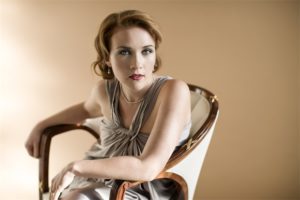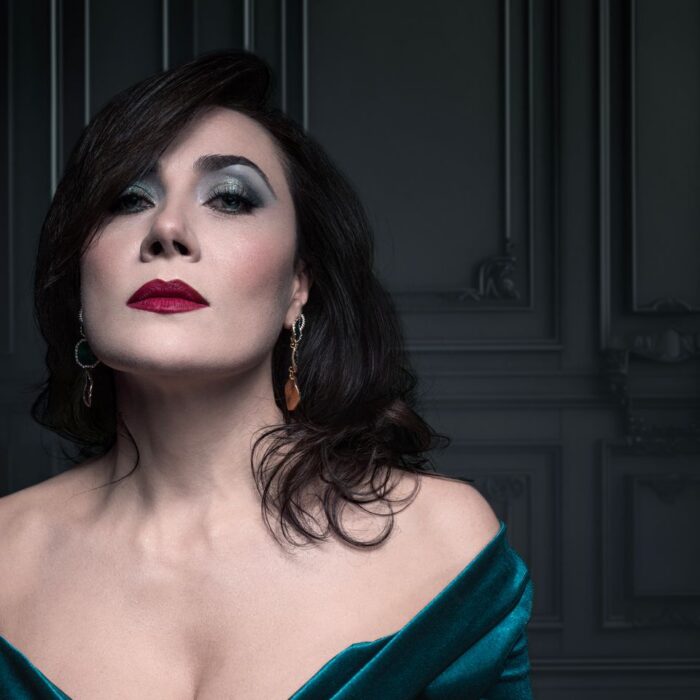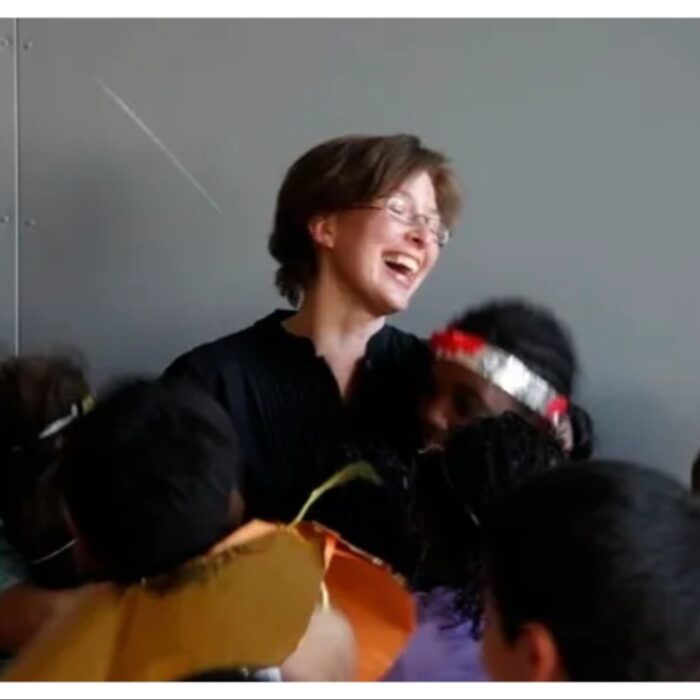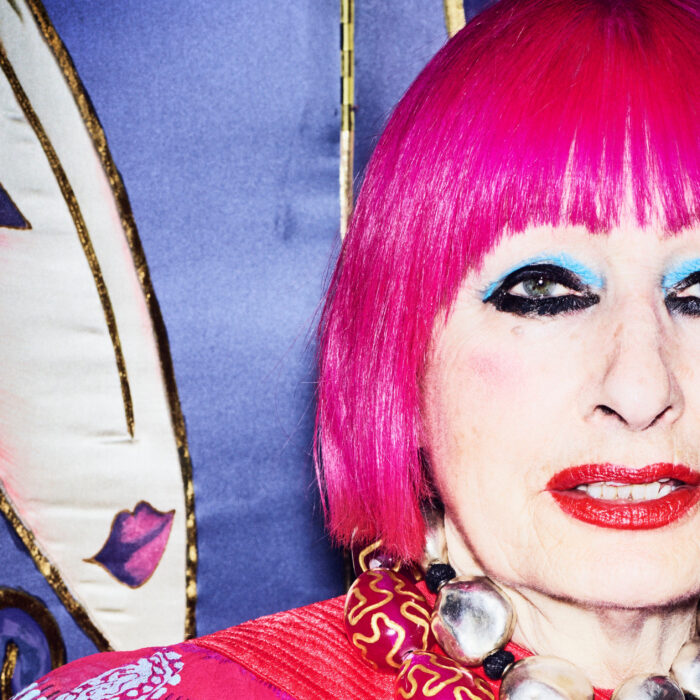
Q & A: Sasha Cooke on the Ravinia Festival, the Mahlers & Her Passion for Modern Opera
By David SalazarFew artists in the opera world today are as versatile as mezzo-soprano Sasha Cooke. Just take a look at the two-time Grammy Award winner’s upcoming 2023-24 season and you’ll find performances of classics such as “Don Giovanni” and “Messiah,” alongside newer works such as “The (R)evolution of Steve Jobs.”
Last season was no different with Cooke navigating works by Mozart, Ethel Smyth, Berlioz, Elgar, Vivaldi, and Berg. And if you keep going back through her career to date, you’ll see a similar mix of old and new.
Moreover, Cooke has headlined world premieres of operas such as Nico Muhly’s “Marnie” and “The (R)evolution of Steve Jobs.” She is also slated to appear in the first ever production of “The Diving Bell and the Butterfly” later this season at The Dallas Opera.
The mezzo-soprano recently returned to the Ravinia Festival, where she was a member of the Steans institute in 2006, to take on a program of music by Alma Mahler. OperaWire spoke to her about her experiences with Ravinia as well as how Alma Mahler’s music correlates with Gustav’s. The interview also touched on Cooke’s affinity with modern opera and her hopes for the art form and industry at large.
OperaWire: How did you first come to opera? When did you realize that you wanted to pursue this career?
Sasha Cooke: Things started to click for me while I was in my undergrad at Rice University. Up until then, piano meant a lot to me and I had competed in choir competitions but I was still very much a shy kid. Coming into my freshman year, I put engineering on the entrance form because I assumed it wouldn’t work out in music. I was wrong! The way I have described it is that it felt like the red carpet rolled out. I worked hard but I also had so many special opportunities come my way, not to mention supportive voices and teachers telling me to stay on the path. And so I did.
OW: What are some of the major highlights of your career so far? What are some of the greatest challenges you’ve overcome and what did you learn from those experiences?
SC: One of the defining moments was singing at Carnegie Hall one of my most favorite Mahler pieces while pregnant with my second child. I was performing with both the orchestra and conductor I know best- San Francisco symphony and Michael Tilson Thomas. Something about the combination of all of those elements felt very special
I always struggle with this question because honestly every concert or opera I do feels like a highlight! Difficult moments usually have come when I’ve taken on too much or gotten sick. It’s hard to prioritize taking care of oneself, much less rest, in this busy and international profession. Moments when I can’t perform at my best or I have to let someone down are the most painful.
OW: With regards to Ravinia, what are some of your favorite memories and experiences with the festival?
SC: Ravinia brings to mind amazing performances in a stunning location. I have many memories of concerts there, not to mention phenomenal training in the Steans institute. It was incredible to be in a place where I could simply focus on music all day and be surrounded by beauty. I’m excited to be back and immersed in that inspiration.
OW: This summer you performed music by Alma Mahler in Ravinia. For those unfamiliar with her works, how would you describe the music of Alma Mahler.
SC: Alma Mahler’s music slightly reminds me of Gustav’s. It makes me wonder how much they influenced one another, maybe even helped one another with musical ideas, etc. There is beauty, lyricism, rich harmonic landscapes but also simplicity in her writing. I really am enjoying exploring her music and Marin and I were meant to do it together a decade ago so it’s nice to make that now a reality.
OW: New opera has always been a touchstone of your career and looking ahead this season, you will be reviving your role in “The (R)evolution of Steve Jobs” and participating in “The Diving Bell and the Butterfly.” In your view, how do these new operas and others you have worked on chart a new path for the art form at large? How else would you like opera to evolve in the future? What are some of your own personal artistic goals with new opera?
SC: I think it’s a fabulous development that new music has become more and more celebrated. When I started, I felt like one of the only ones to love it but now many people do. I think with new music and particularly new opera we can see reflections of ourselves as we are today and art has always been exactly that. Especially opera. So, I think new music means connecting to our human condition as it is now and connecting to our communities in a more direct way.
In this vein, I’d like to see opera become more accessible. The big issue as far as I can tell is the elitism associated with it. Whenever I’m in a new city, I’ll offer tickets to the taxi driver picking me up at the airport and inevitably they worry they won’t fit in or won’t know what to wear or fill in the blank. I think we need to shake things up in classical music, maybe not always dress so formally, allow more comforts in the auditorium (Broadway lets beverages come in, why don’t we) and I’d like to see companies make more efforts to welcome young people. Why not make all kids tickets free? Most likely they’ll bring their folks so you get one ticket purchase out of it and it’s vital we grow our audience. Why not open the doors and say come in? I hope we make more and more of those efforts. I also can’t help but wonder if our venues will change. So many of the American opera houses are too big and hard to fill so I wonder if we will explore more possibilities and creative productions in those alternative spaces.


